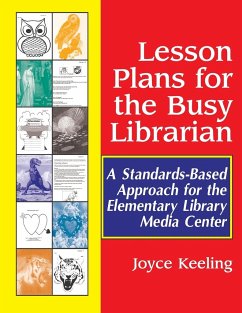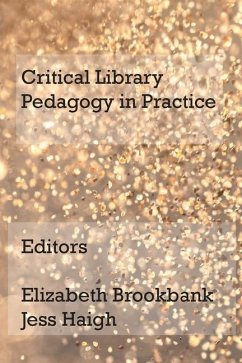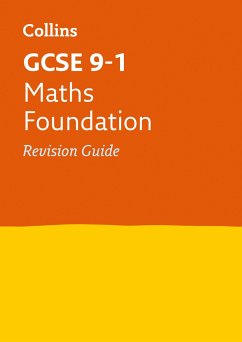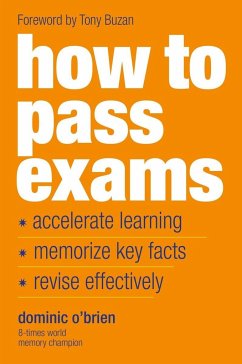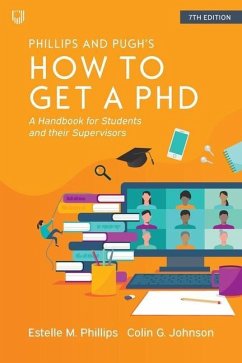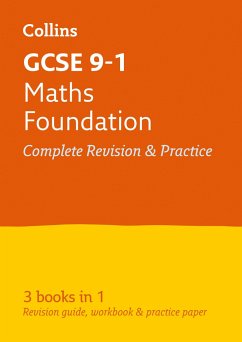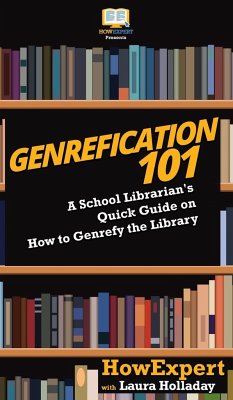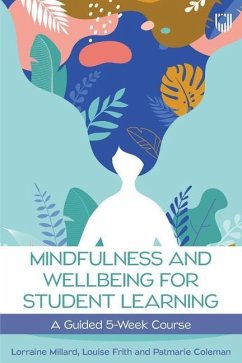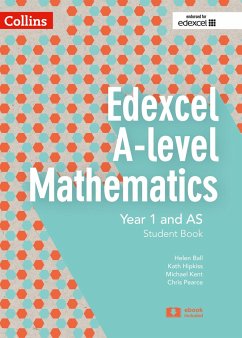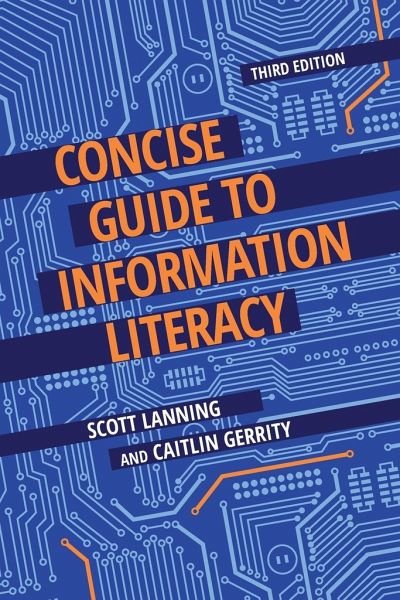
Concise Guide to Information Literacy
Versandkostenfrei!
Versandfertig in 1-2 Wochen
57,99 €
inkl. MwSt.
Weitere Ausgaben:

PAYBACK Punkte
29 °P sammeln!
This flexible text can serve as the basis of a course in information literacy or as a supplemental text or basic research guide in any course. Both a students' textbook and an instructional reference for educators, this brief but information-rich text teaches students what information literacy is and why it's such an important skill to develop. Authors Scott Lanning and Caitlin Gerrity concentrate on developing skills and behaviors that positively impact the information literacy process. They teach such skills as evaluating and using information and behaviors like exploring, analyzing, and cre...
This flexible text can serve as the basis of a course in information literacy or as a supplemental text or basic research guide in any course. Both a students' textbook and an instructional reference for educators, this brief but information-rich text teaches students what information literacy is and why it's such an important skill to develop. Authors Scott Lanning and Caitlin Gerrity concentrate on developing skills and behaviors that positively impact the information literacy process. They teach such skills as evaluating and using information and behaviors like exploring, analyzing, and creating. Updated to incorporate the new AASL standards, this third edition of Concise Guide to Information Literacy includes new information on the value of curiosity and choice in the research process, offers a new model of the research process (the Reflective Inquiry Model), and updates the Decision Points Information Seeking Model that describes how student researchers choose to use the information they've found. This book has proven to be invaluable for high school and college students learning about information literacy and librarians and teachers in upper high school and community college settings.




